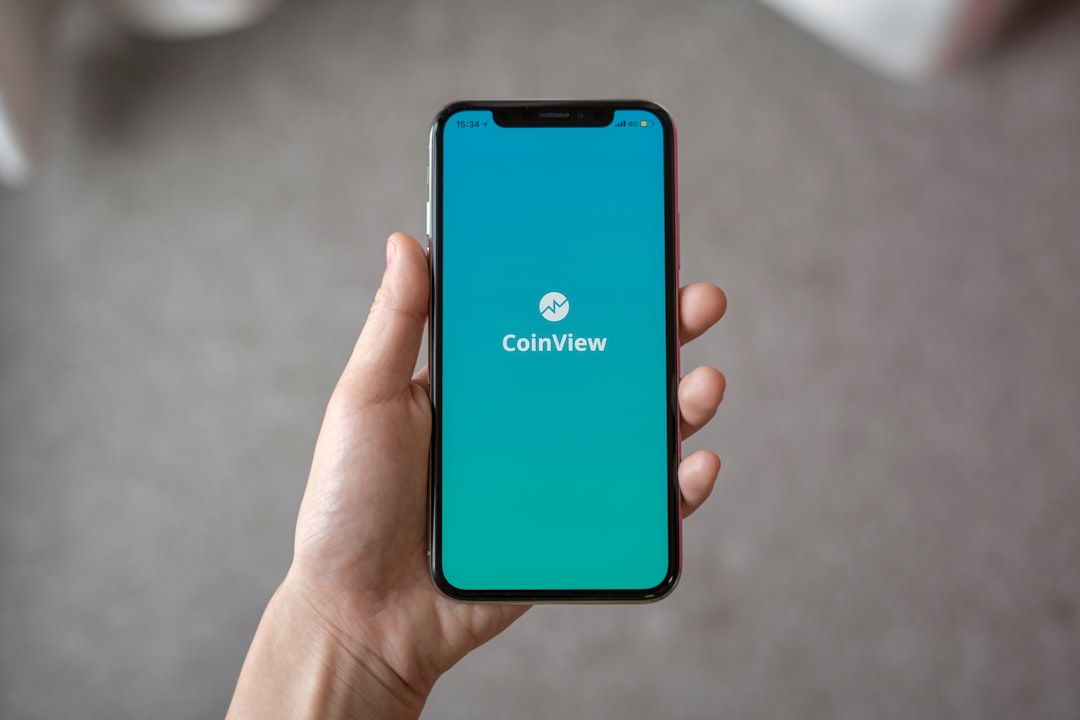Californians facing mistaken debt collection calls should consult a debt collector lawyer in California. These professionals guide clients on their rights, ensure collectors adhere to state laws and the Fair Debt Collection Practices Act (FDCPA), and help file complaints. Strategies include sending a formal dispute letter and documenting all interactions. By informing collectors in writing that you refuse their calls, you can stop unwanted harassment while protecting your financial stability.
In California, mistaken debt calls can be a constant source of stress. Understanding your rights and knowing how to respond is crucial for stopping this harassment. This article guides you through the process, from recognizing and dealing with incorrect debt claims to the vital role a debt collector lawyer in California can play. We offer effective strategies to protect yourself and put an end to unwanted collection efforts.
Understanding Your Rights as a California Resident

In California, residents have specific rights when dealing with debt collectors, as outlined by state laws and regulations. Being aware of your consumer protection is a crucial first step to stopping mistaken debt calls. According to the Fair Debt Collection Practices Act (FDCPA), debt collectors must validate the debt they are attempting to collect and cease contact if you dispute it. They are prohibited from using abusive, unfair, or deceptive practices when communicating with consumers.
If you believe you are receiving unlawful debt collection calls, consulting a debt collector lawyer in California is advisable. Legal professionals specialized in this area can guide you through your rights and options, ensuring that debt collectors adhere to the law. They can also help you file complaints against violators, potentially stopping mistaken debt calls from ever happening again.
Identifying and Responding to Mistaken Debt Calls

Many Californians find themselves on the receiving end of mistaken debt calls from aggressive debt collectors, which can be a stressful and frustrating experience. Identifying and responding to these misdirected attempts is crucial for protecting your financial well-being. If you receive a call from a debt collector claiming you owe money for a debt you didn’t incur, don’t immediately panic or deny the debt. Instead, calmly gather all relevant information about the caller, including their name, company, and account details they mention.
Consulting with a debt collector lawyer in California can provide you with valuable guidance on how to proceed. These legal professionals are well-versed in consumer protection laws and can help you understand your rights while navigating the situation effectively. They may suggest disputing the debt by sending a written letter to the debt collector, requesting validation of the debt and proof that it belongs to you. This formal step is crucial in stopping further unwanted calls and ensuring the debt collector handles your case appropriately.
The Role of a Debt Collector Lawyer in California

In California, as in many states, consumers dealing with mistaken debt calls have a legal right to protection from aggressive or unfair collection practices. This is where a debt collector lawyer steps in. These legal professionals specialize in navigating the complex regulations surrounding debt collection, ensuring that both debtors and creditors adhere to their rights and responsibilities under California law.
A debt collector lawyer in California can provide crucial guidance on how to respond to mistaken debt calls, helping clients avoid making statements that could be used against them later. They can also negotiate with collection agencies on behalf of their clients, seeking verification of the debt and working towards a resolution that minimizes any negative impact on the consumer’s credit score or financial stability.
Effective Strategies to Stop Debt Collection Harassment

Dealing with relentless debt collection calls can be stressful, but there are effective strategies to put a stop to this harassment. If you’re in California, consulting a debt collector lawyer is a crucial first step. A legal professional can guide you through your rights and options, ensuring that collectors adhere to state laws. One powerful tool at your disposal is the Fair Debt Collection Practices Act (FDCPA), which restricts aggressive collection tactics.
By informing debt collectors in writing that you refuse their calls, you can initiate a process to cease communication. Additionally, documenting every interaction with these collectors is essential; keep detailed records of calls, emails, and letters for future reference. This documentation may prove valuable if any violations occur, giving your lawyer the evidence needed to take further action on your behalf.






